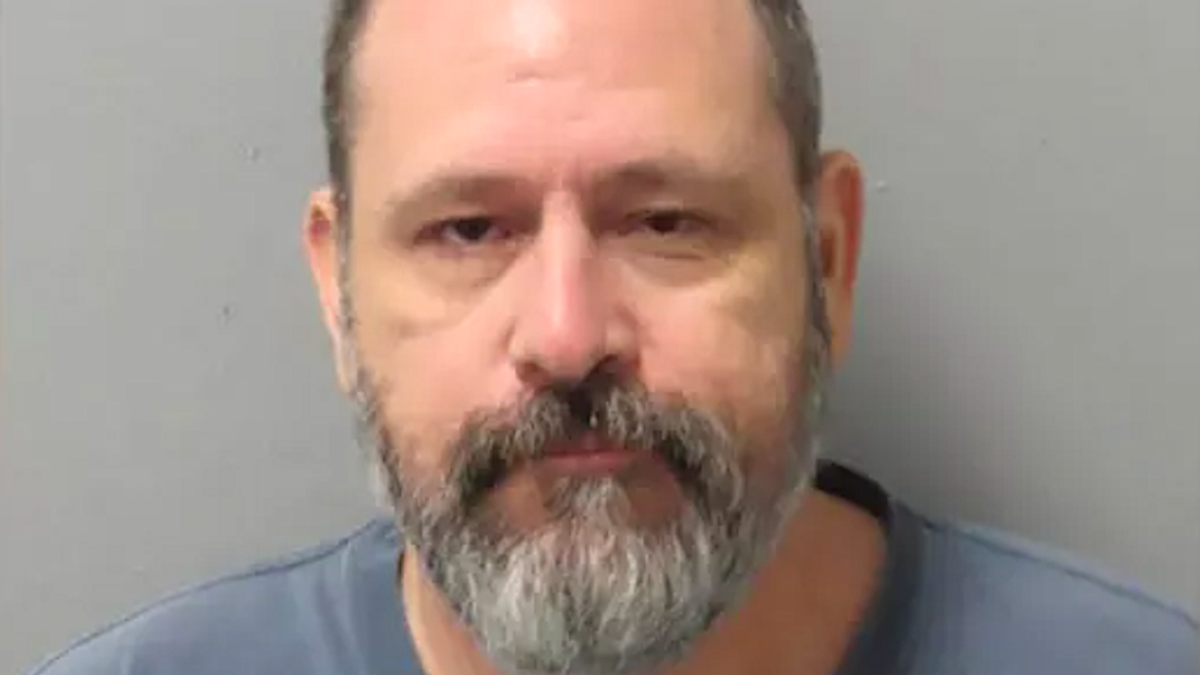August 06, 2023
Agence France-Presse

This illustration picture shows the AI (Artificial Intelligence) smartphone app ChatGPT surrounded by other AI Apps in Vaasa, on June 6, 2023.
The tidal wave of artificial intelligence (AI) barrelling toward many professions has generated deep anxiety among workers fearful that their jobs will be swept away -- and the mental health impact is rising.
The launch in November 2022 of ChatGPT, the generative AI platform capable of handling complex tasks on command, marked a tech landmark as AI started to transform the workplace.
"Anything new and unknown is anxiety-producing," Clare Gustavsson, a New York therapist whose patients have shared concerns about AI, told AFP.
"The technology is growing so fast, it is hard to gain sure footing."
Legal assistants, programmers, accountants and financial advisors are among those professions feeling threatened by generative AI that can quickly create human-like prose, computer code, articles or expert insight.
Goldman Sachs analysts see generative AI impacting, if not eliminating, some 300 million jobs, according to a study published in March.
"I anticipate that my job will become obsolete within the next 10 years," Eric, a bank teller, told AFP, declining to give his second name.
"I plan to change careers. The bank I work for is expanding AI research."
Trying to 'embrace the unknown'
New York therapist Meris Powell told AFP of an entertainment professional worried about AI being used in film and television production -- a threat to actors and screenwriters that is a flashpoint in strikes currently gripping Hollywood.
"It's mainly people who are in creative fields who are at the forefront of that concern," Gustavsson said.
AI is bringing with it a level of apprehension matched by climate change and the Covid-19 pandemic, she contended.
But she said that she tries to get patients to "embrace the unknown" and find ways to use new technology to their advantage.
For one graphic animator in New York, the career-threatening shock came from seeing images generated by AI-infused software such as Midjourney and Stable Diffusion that rivaled the quality of those created by humans.
"People started to realize that some of the skills they had developed and specialized in could possibly be replaced by AI," she told AFP, adding she had honed her coding skills, but now feels even that has scant promise in an AI world.
"I'll probably lean into more of a management-level role," she said. "It's just hard because there are a lot less of those positions.
"Before I would just pursue things that interested me and skills that I enjoy. Now I feel more inclined to think about what's actually going to be useful and marketable in the future."
Peter Vukovic, who has been chief technology officer at several startups, expects just one percent or less of the population to benefit from AI.
"For the rest, it's a gray area," Vukovic, who lives in Bosnia, said. "There is a lot of reason for 99 percent of people to be concerned."
AI is focused on efficiency and making money, but it could be channeled to serve other purposes, Vukovic said.
"What's the best way for us to use this?" he asked. "Is it really just to automate a bunch of jobs?"
The tidal wave of artificial intelligence (AI) barrelling toward many professions has generated deep anxiety among workers fearful that their jobs will be swept away -- and the mental health impact is rising.
The launch in November 2022 of ChatGPT, the generative AI platform capable of handling complex tasks on command, marked a tech landmark as AI started to transform the workplace.
"Anything new and unknown is anxiety-producing," Clare Gustavsson, a New York therapist whose patients have shared concerns about AI, told AFP.
"The technology is growing so fast, it is hard to gain sure footing."
Legal assistants, programmers, accountants and financial advisors are among those professions feeling threatened by generative AI that can quickly create human-like prose, computer code, articles or expert insight.
Goldman Sachs analysts see generative AI impacting, if not eliminating, some 300 million jobs, according to a study published in March.
"I anticipate that my job will become obsolete within the next 10 years," Eric, a bank teller, told AFP, declining to give his second name.
"I plan to change careers. The bank I work for is expanding AI research."
Trying to 'embrace the unknown'
New York therapist Meris Powell told AFP of an entertainment professional worried about AI being used in film and television production -- a threat to actors and screenwriters that is a flashpoint in strikes currently gripping Hollywood.
"It's mainly people who are in creative fields who are at the forefront of that concern," Gustavsson said.
AI is bringing with it a level of apprehension matched by climate change and the Covid-19 pandemic, she contended.
But she said that she tries to get patients to "embrace the unknown" and find ways to use new technology to their advantage.
For one graphic animator in New York, the career-threatening shock came from seeing images generated by AI-infused software such as Midjourney and Stable Diffusion that rivaled the quality of those created by humans.
"People started to realize that some of the skills they had developed and specialized in could possibly be replaced by AI," she told AFP, adding she had honed her coding skills, but now feels even that has scant promise in an AI world.
"I'll probably lean into more of a management-level role," she said. "It's just hard because there are a lot less of those positions.
"Before I would just pursue things that interested me and skills that I enjoy. Now I feel more inclined to think about what's actually going to be useful and marketable in the future."
Peter Vukovic, who has been chief technology officer at several startups, expects just one percent or less of the population to benefit from AI.
"For the rest, it's a gray area," Vukovic, who lives in Bosnia, said. "There is a lot of reason for 99 percent of people to be concerned."
AI is focused on efficiency and making money, but it could be channeled to serve other purposes, Vukovic said.
"What's the best way for us to use this?" he asked. "Is it really just to automate a bunch of jobs?"











